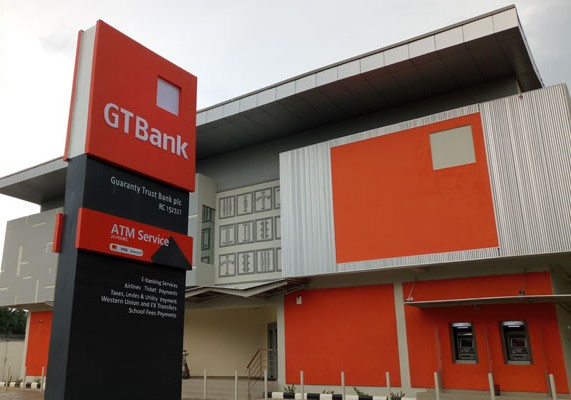Diaspora remittances to Nigeria declined by 2.9 per cent from $20.1 billion in 2022 to $19.5 billion in 2023.
According to a World Bank report, Nigeria captured approximately 35 per cent, becoming the highest recipient in Sub-Saharan Africa in 2023.
Join our WhatsApp ChannelThe government had projected $20 billion for the year.
“Remittances to Nigeria, accounting for around 35 per cent of total remittance inflows to the region, decreased by 2.9 per cent to $19.5 billion,” the World Bank report said.
READ ALSO: Binance, Others Accused Of Aiding Diaspora Remittances Diversion In Nigeria
Apart from Nigeria, other countries in the sub-region that received significant inflow were Ghana with $4.6 billion and Kenya which received $4.2 billion.
The report also shows that in countries like the Gambia, Lesotho, Comoros, Liberia, and Cabo Verde, remittances from the diaspora account for one-fifth of the Gross Domestic Product (GDP). These diaspora inflows are crucial to the economic growth of these countries.
According to the World Bank’s latest Migration and Development Brief, diaspora remittances have continued to surpass Foreign Direct Investment and Official Development Assistant (ODA), a pattern that the bank anticipated would continue as migration pressures resulting from shifting demographics, widening income disparities, and climate change intensified.
It however, stated that “This is not to suggest that remittances could substitute for FDI or ODA.”
It added that “Developing countries need FDI, especially in critical infrastructure and green investments. They also need ODA to address public financing needs and externalities such as fragility and climate change.”
The Bank urged Nigeria and other countries that receive significant amount of diaspora inflows to find ways of leveraging the inflows reducing poverty, addressing healthcare, education and financial inclusion of the citizens.
“The countries need to take note of the size and resilience of remittances and find ways to leverage these flows for poverty reduction, financing health and education, financial inclusion of households, and improving access to capital markets for state and non-state enterprises,” the Bank advised.
Victor Ezeja is a passionate journalist with seven years of experience writing on economy, politics and energy. He holds a Master's degree in Mass Communication.



















Follow Us